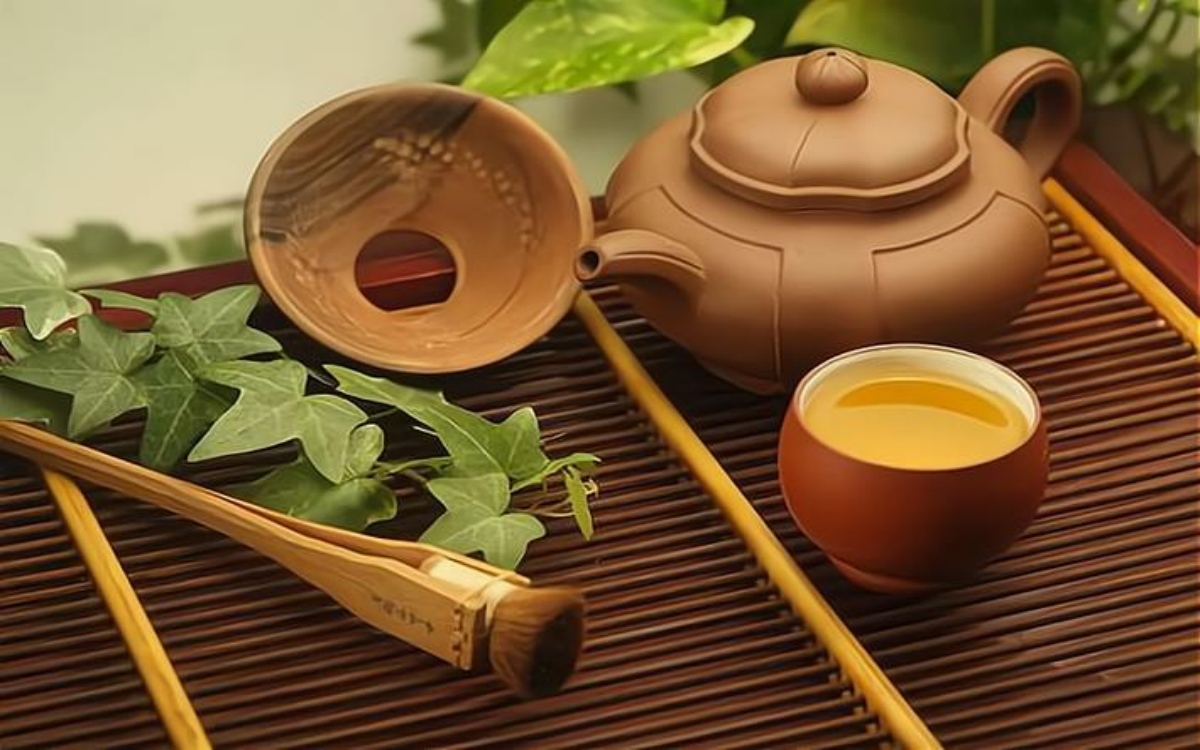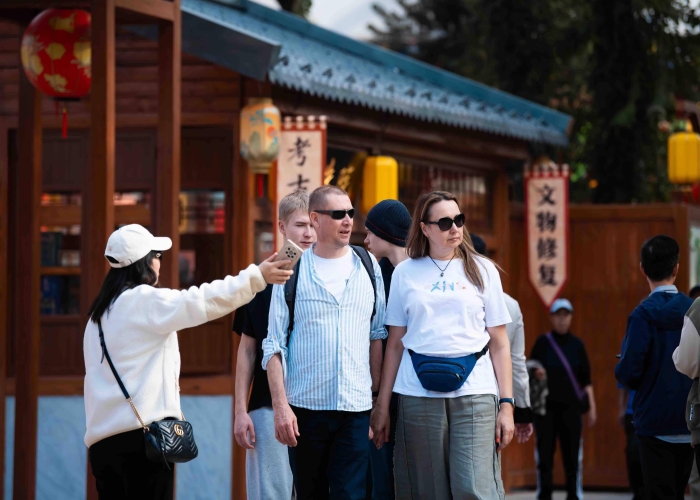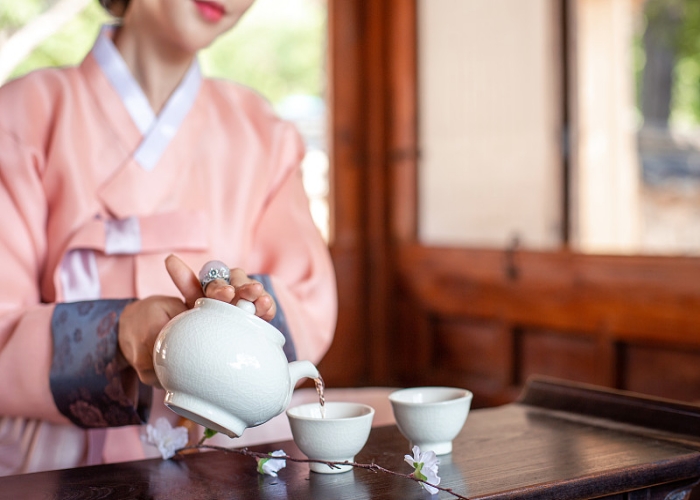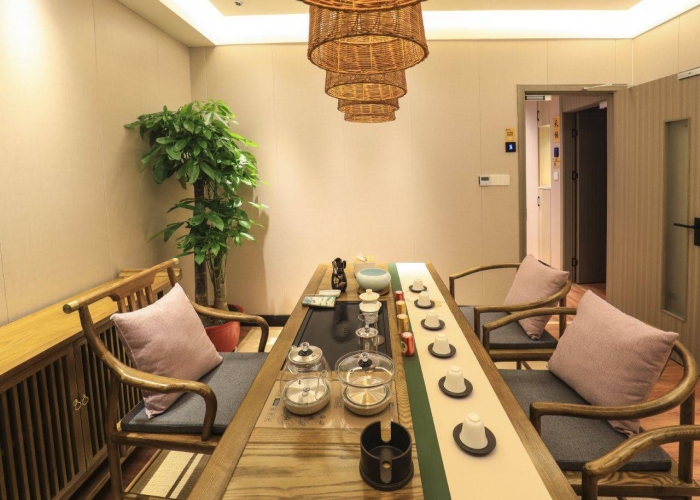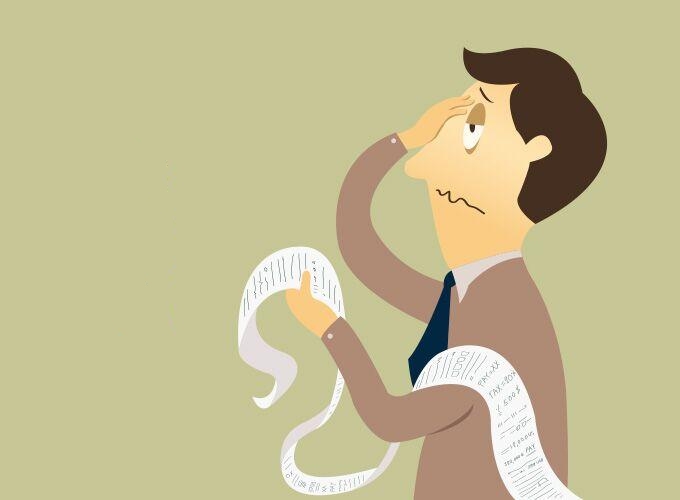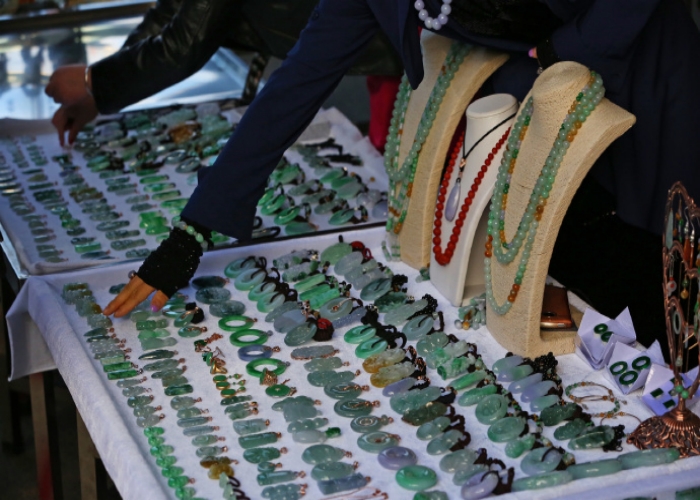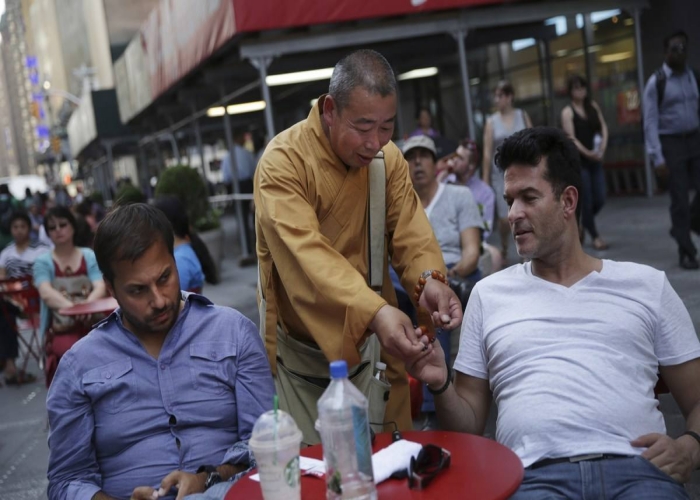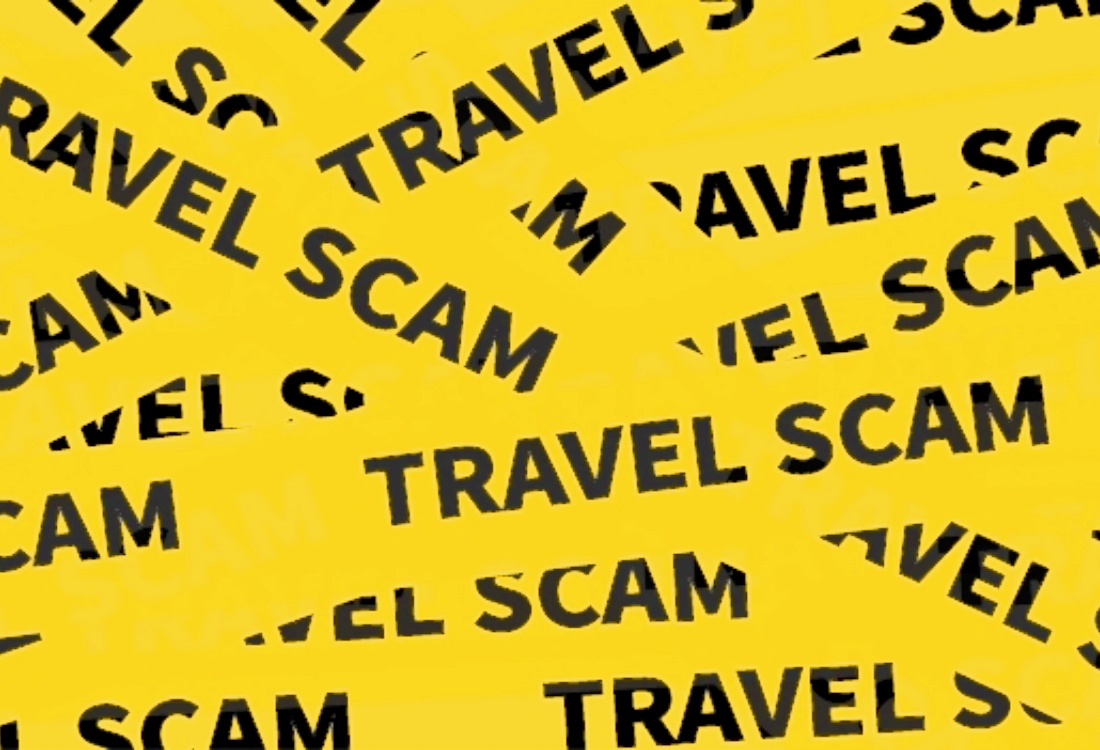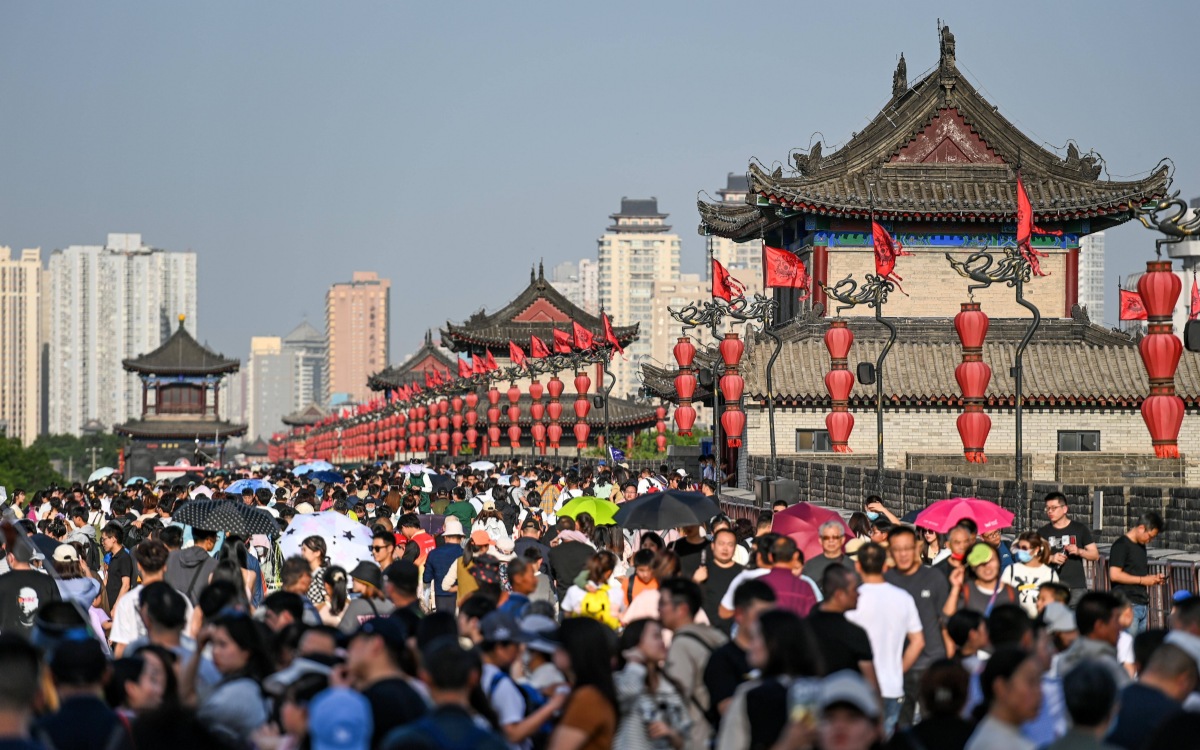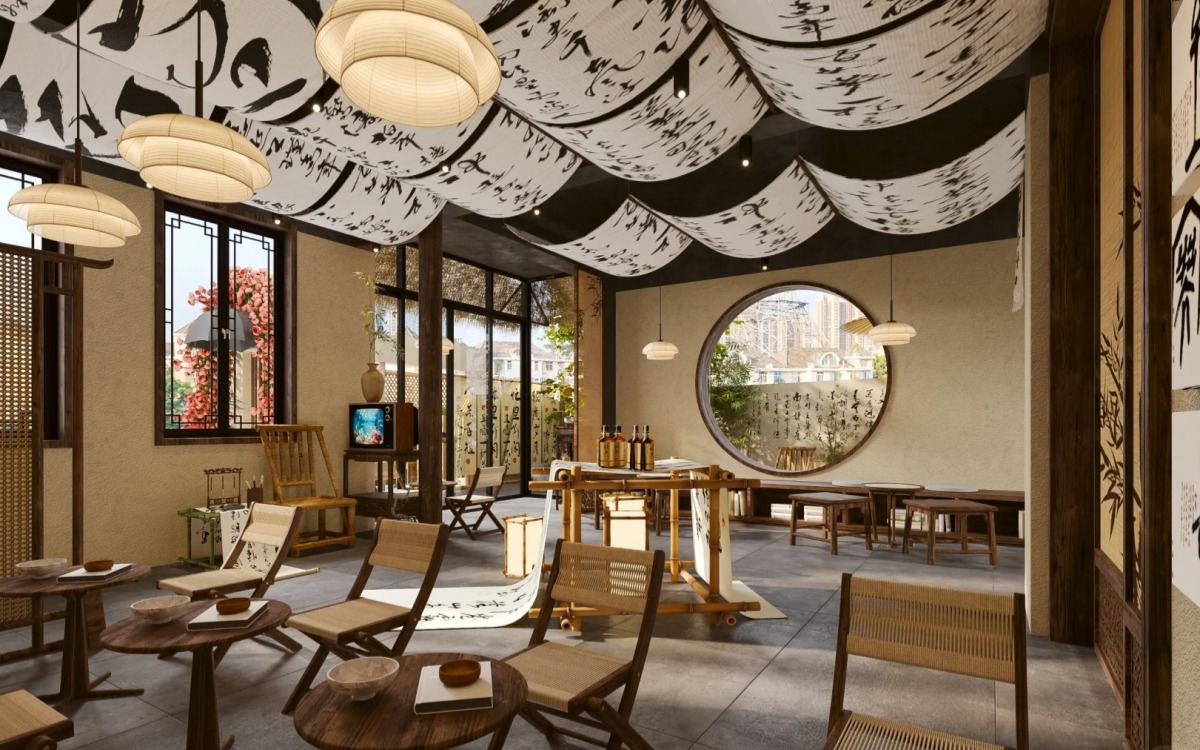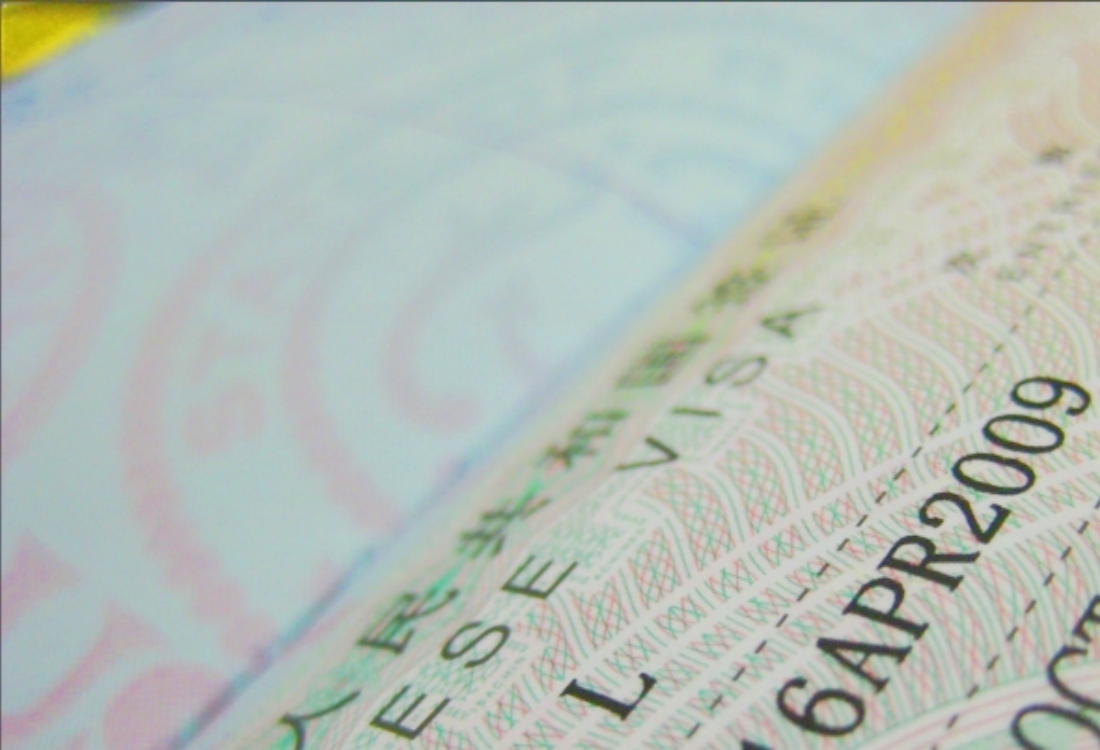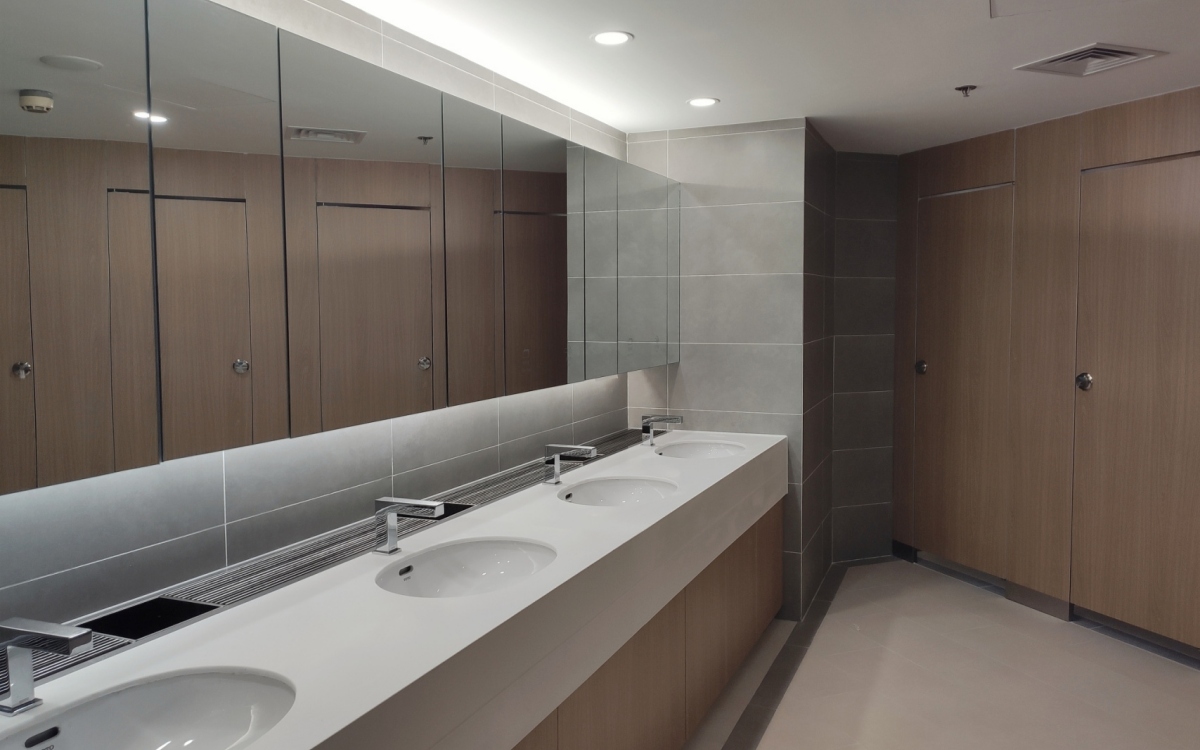Table of Contents
ToggleChina, a captivating blend of ancient heritage and cutting-edge innovation, offers travelers an unforgettable experience. Yet, amid its wonders, some opportunistic scams target unprepared tourists. One of the most infamous is the “teahouse scam,” where friendly strangers lure visitors into overpriced tea ceremonies, leaving them with shocking bills.This comprehensive guide provides you with the knowledge and practical tips needed to identify, avoid, and respond to these scams, ensuring your tours in China is memorable for all the right reasons.
What are the Warning Signs of the Teahouse Scams?
- Unsolicited Approaches: If a stranger approaches you out of the blue, especially in a crowded tourist area, and is unusually friendly or eager to practice English, be cautious.
- Immediate Invitation to a Second Location: The instant suggestion to go to a teahouse, art gallery, or bar is a major red flag. Genuine cultural exchanges rarely begin with a stranger leading you away from a public space.
- Lack of Price Transparency: The absence of a clear menu with prices, especially in English, is a critical warning. If staff hesitate or refuse to show you prices upfront, it’s a sign to leave.
- Pressure to Swipe Card Without Amount: If they ask you to swipe your credit card without showing the exact amount first, absolutely do not proceed.
- Evasive Behaviour: If they refuse your suggestions for more public or well-known cafes (like a Starbucks) or avoid public places in favor of something more private, your alarm bells should be ringing.
How the Teahouse Scams Unfolds?
The scam typically follows a predictable, step-by-step pattern designed to build trust before delivering the financial blow:
The Friendly Approach
It often begins with a friendly local, frequently a young person, approaching you in a busy tourist spot such as Tiananmen Square in Beijing or Nanjing Road in Shanghai. They might claim to be an English student eager to practice their language skills, or even a fellow tourist from another part of China looking to share their cultural insights. Their demeanor is usually charming and disarmingly genuine, making you feel comfortable and open to conversation.
The Cultural Invitation
After a brief, seemingly innocent chat that builds rapport, your new “friend” suggests an invitation to experience “authentic” Chinese tea culture. They might propose visiting a nearby teahouse for a traditional tea ceremony, or sometimes even an “art gallery” or bar, which are often fronts for the same scam. The allure is the promise of an immersive cultural experience, a desire many travelers hold dear.
The Unpriced Experience
Once inside the chosen establishment, you’ll likely be guided to a private room. This isolation from other patrons is a key element of the scam. The staff will then begin to serve various teas and snacks, often without presenting any menu or clear price list. Your “friend” might act as if they are also enjoying the experience, further lulling you into a false sense of security.
The experience itself can be quite pleasant, with multiple types of tea sampled, seemingly endless pours, and pleasant conversation. However, the absence of transparency regarding costs is the critical red flag.
The Shocking Revelation
When it’s time to settle the bill, the true nature of the scam is revealed. You are presented with an astronomical charge, often hundreds or even thousands of US dollars or RMB, for what seemed like a casual tea tasting. At this point, your new “friend” might suddenly disappear, leaving you to deal with the exorbitant charge alone, or they might feign shock and suggest splitting the cost, only to contribute a token amount or vanish entirely.
This immense pressure, combined with the shock of the bill, can leave victims feeling helpless and coerced into paying.
How to Avoid the Teahouse Scams?
- Politely Decline All Invitations: If a stranger invites you to a teahouse, art gallery, or bar, simply say “No, thank you” or “Bù yào” (pronounced ‘boo yao’, meaning ‘no want’ in Mandarin) and walk away. Don’t feel obliged to be polite beyond this.
- Never Follow Strangers to Unknown Places: This is a golden rule for travel safety. If an offer requires you to leave the street or a well-known public area with someone you just met, decline.
- Plan Cultural Experiences Through Trusted Channels: If you wish to experience a genuine tea ceremony, book through your hotel concierge, a reputable tour agency, or a well-reviewed establishment online. Research reputable teahouses with good reviews from other travelers.
- Always Check Prices Upfront: Before ordering anything in any establishment, insist on seeing a menu with clear, written prices. If there’s no price list, or if the prices seem unusually high, politely excuse yourself and leave.
- Know the Exchange Rate: Familiarize yourself with the current exchange rate between your currency and the Chinese Yuan (RMB) so you can quickly gauge the actual cost of items.
- Carry Small Bills and Use Secure Payment Methods: It’s wise to carry only small amounts of cash for minor purchases. Avoid handing over your credit card in unknown shops where you feel uncomfortable. For larger payments, use trusted digital payment apps like WeChat Pay only in places you verify as legitimate.
- Travel with companions: Scammers often target individuals travelling alone. Having a companion can make you less of a target.
This table can offer you some common scam situations and the correspondent solutions:
| Situation | Recommended Action | Reasoning |
|---|---|---|
| Stranger invites you to a teahouse or unknown venue | Politely but firmly decline. State you have prior plans or are meeting friends. | Breaks the scam’s initial hook, preventing you from entering a controlled environment. |
| Establishment shows no menu or prices | Leave immediately. Ask for a bilingual menu upfront if considering entry. | Ensures transparency and avoids inflated charges. No price, no service. |
| Feeling pressured or uncomfortable | Trust your instincts. Stand up, head to the door, and seek a uniformed officer. | Your intuition is a powerful warning system. Safety over politeness. |
| Need a tea ceremony or cultural experience | Research reputable teahouses or tours through your hotel, trusted guidebooks, or online reviews. | Ensures a genuine, safe, and transparent cultural experience. |
| Approached by someone on a dating app for a meeting | Suggest a video call first, then meet in a busy, public coffee chain during peak hours. Share details with a friend. | Reduces risk for online-initiated scams that lead to similar financial traps. |
What are the Other Common Scams to Watch for?
- Jade Scams:Jade scams involve fraudulent practices where sellers deceive buyers by misrepresenting the quality, origin, or authenticity of jade to inflate prices.
- Counterfeit Currency: Be vigilant when receiving change, especially with larger denominations. Always check bills for official watermarks and obtain cash from legitimate sources like banks and ATMs.
- Taxi Overcharging and “Black Taxis”: Unlicensed taxis, often found at airports and train stations, may charge inflated fares or take circuitous routes. Always use official, metered taxis or reputable ride-sharing apps like Didi. Insist the driver uses the meter.
- Fake Monks: Individuals posing as monks may approach you seeking “donations” for temples. Genuine monks rarely solicit money directly from tourists.
- Fake Tour Guides and Discount Tours: Be cautious of individuals offering heavily discounted tours around popular sites. These often lead to mandatory stops at shops where you are pressured to buy overpriced goods like jade or silk, or offer a low-quality experience. Stick to reputable travel agencies.
- Art Gallery/Painting Scams: Similar to the teahouse scam, you might be invited to an “art gallery” and pressured to buy overpriced or low-quality artwork.
- Massage Scams: Be wary of unsolicited invitations to massage parlors, as unwanted services might be added to your bill or you could be significantly overcharged.
- Massage Scams: Be wary of unsolicited invitations to massage parlors, as unwanted services might be added to your bill or you could be significantly overcharged.
- Accommodation Hoaxes: Taxi drivers might falsely claim your booked hotel is closed, then redirect you to overpriced alternatives where they receive a commission.
- Unsolicited Offers of Food or Drink: Never accept food or drink from strangers, as there have been reports of travelers being drugged and robbed.
Frequently Asked Questions (FAQs) of Teahouse Scams
What is a teahouse scam?
A teahouse scam involves friendly strangers inviting travelers to a teahouse for an “authentic experience.” Once inside, tourists are served overpriced tea or snacks and pressured to pay an exorbitant bill (sometimes 500–5,000 RMB or more).
Where do these scams usually happen?
Popular scam locations include:
Beijing (Wangfujing, Qianmen, Houhai)
Shanghai (Nanjing Road, The Bund)
Xi’an (near the Muslim Quarter)
Chengdu (around touristy tea houses)
What should I do if I’m already inside a scam teahouse?
Ask for the bill immediately and take a photo discreetly.
Refuse to pay inflated prices—calmly insist on seeing a price list.
Call the police (110 in China) if you’re being threatened or extorted.
Report the scam to your hotel, tour agency, or embassy.

